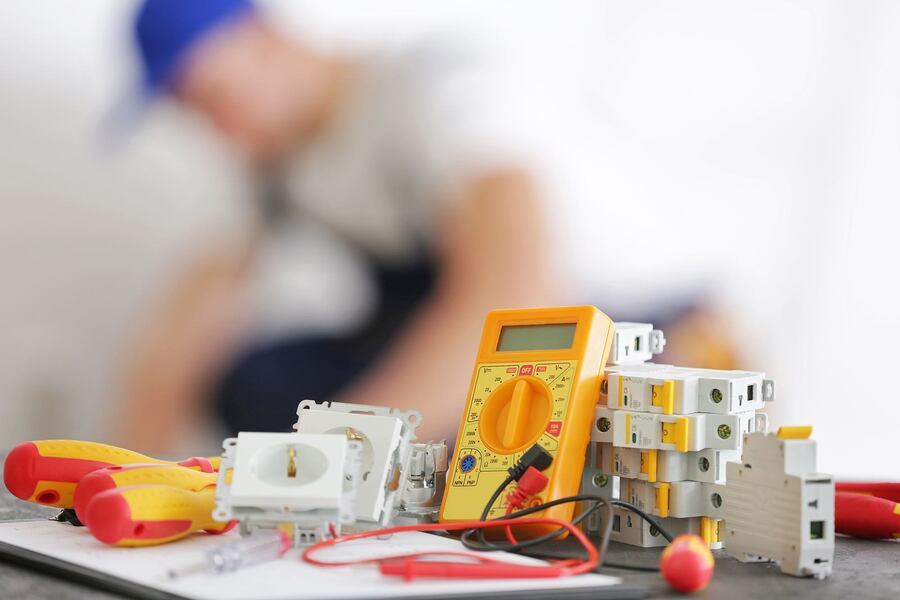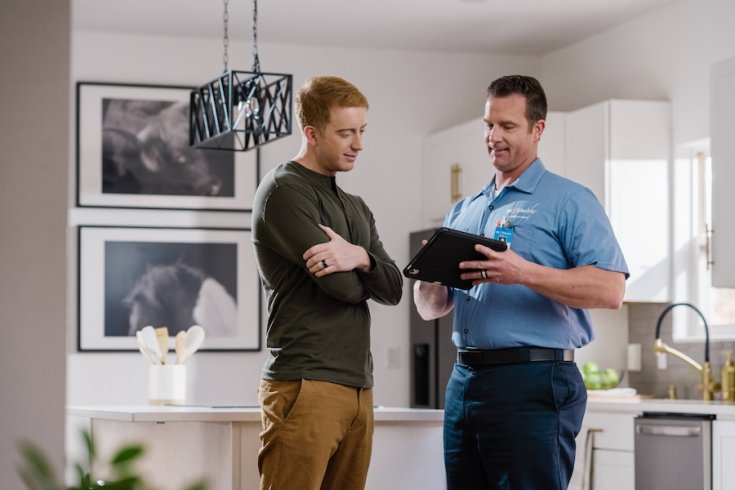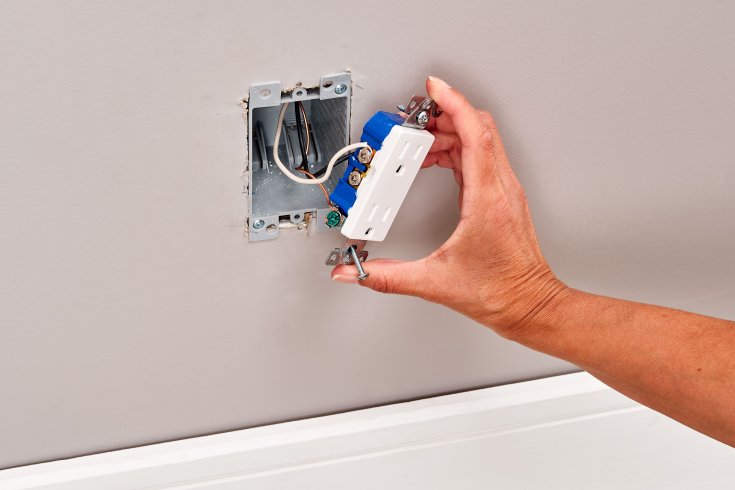Using a multimeter to test voltage is an essential skill for anyone working with electricity, whether you're a DIY enthusiast, an aspiring electrician, or in need of an electrical repair service. Learning how to use this tool can help you diagnose electrical problems, ensure the safety of your projects, and save money on hiring an electrical repair service. This guide by Mr. Electric will walk you through the basics of using a multimeter to test voltage in an easy-to-understand way.
What is a Multimeter?
A multimeter is a device that measures electrical properties such as voltage, current, and resistance. It is an essential tool for electricians and those performing electrical repair services. Multimeters come in two main types: analog and digital. Digital multimeters are more common and easier to use, especially for beginners. They display measurements on a digital screen, making them more accurate and user-friendly.
Getting Started
Before you start using your multimeter, you need to understand its parts. Most multimeters have a digital display, a dial to select different functions, and two probes (one red and one black). The red probe is positive, and the black probe is negative.
- Turn the Multimeter On: Make sure your multimeter is on. You can do this by turning the dial to the voltage setting. It usually has a “V” symbol.
- Select the Voltage Type: Decide whether you measure AC (alternating current) or DC (direct current) voltage. AC voltage is typically found in home outlets, while DC voltage is found in batteries. Set the dial to the appropriate type of voltage. The AC setting is often marked with a “V~” and the DC setting with a “V—.”
Testing a Battery
Testing a battery is a great way to get familiar with your multimeter. Follow these steps to test the voltage of a battery:
- Set the Multimeter to DC Voltage: Turn the dial to the DC voltage setting.
- Connect the Probes: Touch the black probe to the battery's negative terminal and the red probe to the positive terminal.
- Read the Measurement: Look at the digital display to see the voltage. For a 1.5V AA battery, you should see a reading close to 1.5 volts if the battery is good.
Testing an Outlet
Testing an electrical outlet is another practical use for a multimeter, especially for electricians or those performing an electrical repair service. Follow these steps to test an outlet:
- Set the Multimeter to AC Voltage: Turn the dial to the AC voltage setting.
- Insert the Probes: Carefully insert the black probe into the neutral slot (usually the larger one) and the red probe into the hot slot (the smaller one).
- Read the Measurement: If the outlet works correctly, the digital display should show a voltage reading of around 120 volts (in the US).
Safety Tips
When working with electricity, safety is crucial. Here are some safety tips to keep in mind:
- Always turn off power before testing circuits or outlets.
- Use insulated tools to avoid shocks.
- Do not touch the metal parts of the probes while testing.
- Read the multimeter’s manual to understand its limits and functions.
Common Uses for a Multimeter
A multimeter is used by dependable electricians and those in electrical repair services for various tasks, including:
- Checking battery voltage: Ensuring batteries are still good.
- Testing outlets and switches: Confirming they are functioning correctly.
- Diagnosing electrical problems: Identifying issues in circuits and wiring.
- Measuring appliance voltage: Ensuring appliances are receiving the correct voltage.
Troubleshooting Tips
If you encounter problems while using your multimeter, here are some tips:
- Check the probes: Make sure they are correctly connected.
- Verify settings: Ensure the multimeter is set to the correct function (AC or DC).
- Replace batteries: If the multimeter isn’t turning on, it might need new batteries.
- Consult the manual: Refer to the user manual for specific troubleshooting advice.
Mr. Electric
Using a multimeter to test voltage is valuable for anyone involved in electrical work, from DIY enthusiasts to professional electricians. By understanding how to use this tool, you can safely and effectively diagnose electrical issues and perform necessary repairs. Whether testing a battery or an outlet or troubleshooting a circuit, a multimeter is your go-to device. Always prioritize safety and follow the guidelines to ensure accurate measurements and avoid hazards. With practice, you'll become proficient in using a multimeter and confident handling various electrical tasks, just like a seasoned electrician.








